Yiyun Li Archive
The Joy of Reading Slowly
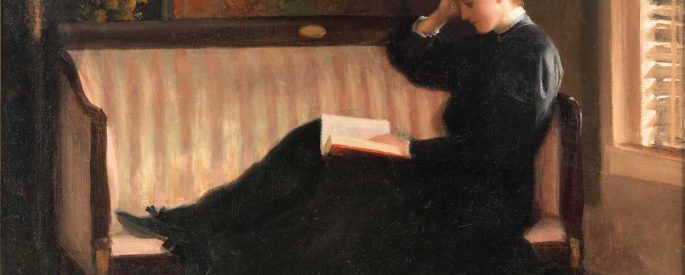
I have become a far better reader over the last year and a half because of learning how to read more slowly. Perhaps most importantly, though, I once again love to read.
Literature and its Manipulations in The Book of Goose by Yiyun Li
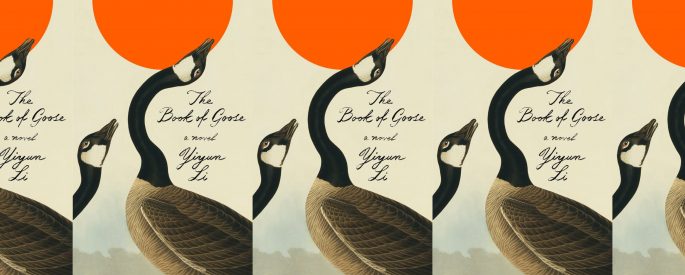
Yiyun Li’s new book is a taut landscape built of all literature’s attachments, manipulations, displacements, anxieties, and escapes. It is the labored breadth of an economy that is resplendently libidinal and compelling.
Reading, the Collective, and the Formation of the Self
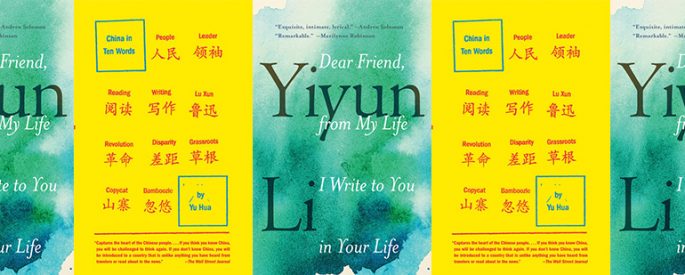
Yiyun Li transcends the individual through the way she focuses so singularly on the I, moments of aloneness, and solitary memories, rather than on feelings she has from shared memories. Yu Hua, too, transcends the individual, though he does so by offering his experience as a way of representing
Must I Go by Yiyun Li
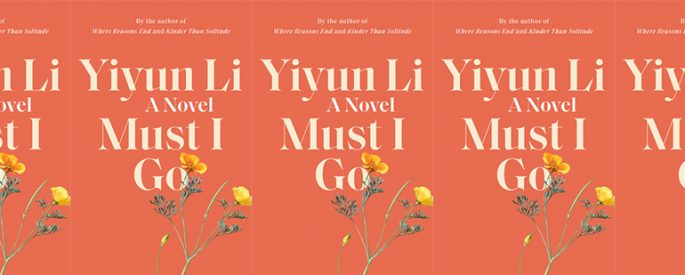
Though Yiyun Li’s new novel contains the sketchy architecture of an intergenerational, historical novel, its rooms and stories remain more conceptual than actual . . . . Husbands and wives are easily swapped. The defiant workings of memory are more important than memories themselves. Lives are annotated rather than
Jane Alison and Ander Monson on Narrative Form

The arc can only take narrative so far before it crashes, particularly when it comes to personal writing.
The Unspeakable
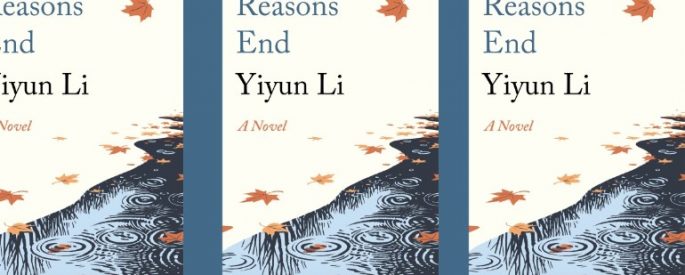
Yiyun Li’s new novel uses conversation as the mode to better explore her narrator’s grief.
Quiet Resistance in Yiyun Li’s “A Flawless Silence”

In Yiyun Li’s short story “A Flawless Silence” from The New Yorker, the main character Min is in a relationship where she does not feel completely safe standing up to her husband. But, as the reader sees, Min often uses silence to her advantage.
Innocent Mothers and Selfish Daughters
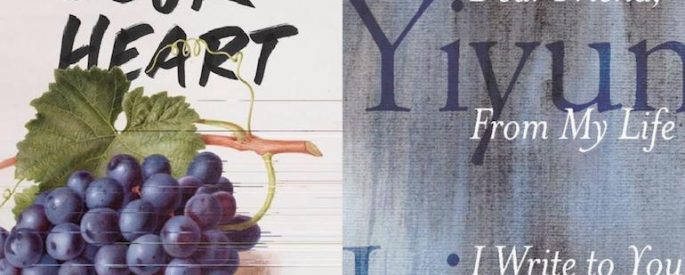
The daughters of Jenny Zhang’s debut story collection Sour Heart and Yiyun Li’s memoir in essays Dear Friend from My Life I Write to You in Your Life are formed from the hardest love: their mothers’.
Fiction Responding to Fiction: William Trevor and Yiyun Li

Poets often respond to other poets in their work. With fiction, these connections are less apparent and yet they are there, as writers want to pay homage to or have a conversation with another writer.